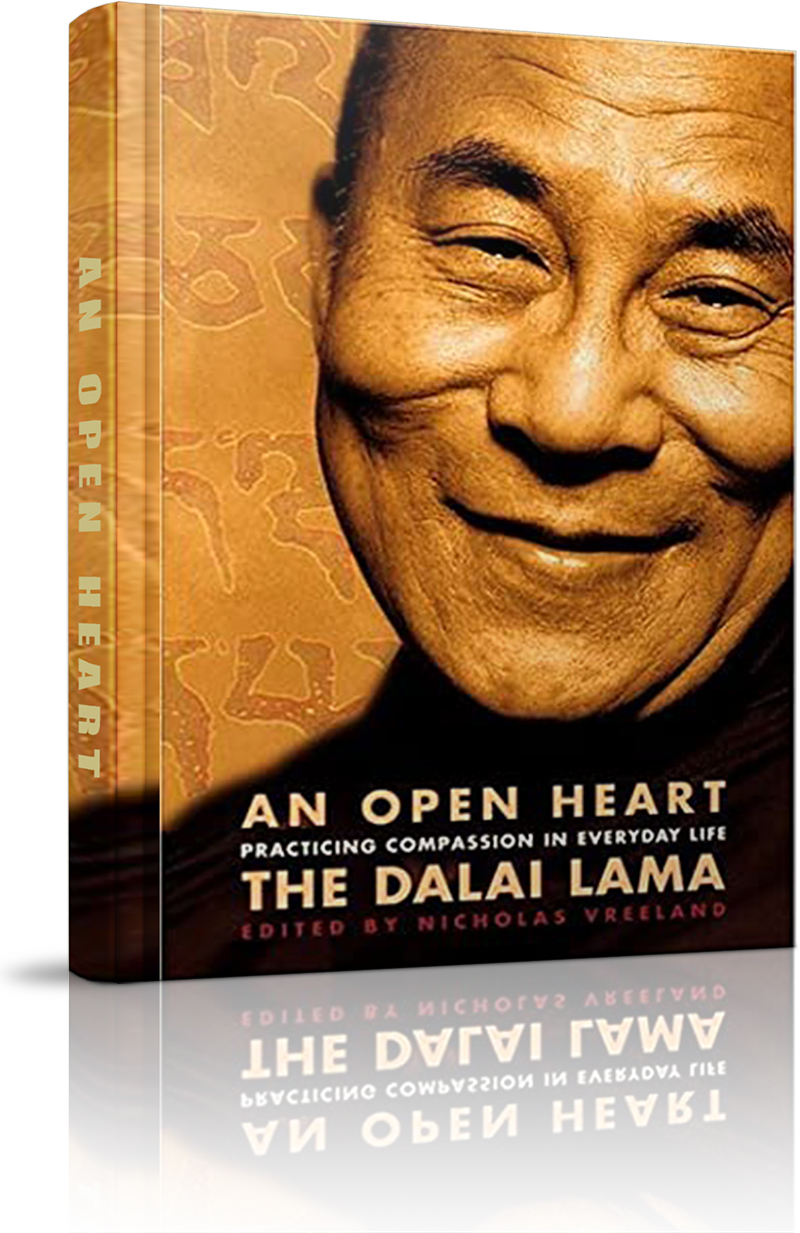Bạn có thể lừa dối mọi người trong một lúc nào đó, hoặc có thể lừa dối một số người mãi mãi, nhưng bạn không thể lừa dối tất cả mọi người mãi mãi. (You can fool all the people some of the time, and some of the people all the time, but you cannot fool all the people all the time.)Abraham Lincoln
Cơ hội thành công thực sự nằm ở con người chứ không ở công việc. (The real opportunity for success lies within the person and not in the job. )Zig Ziglar
Tôi tìm thấy hy vọng trong những ngày đen tối nhất và hướng về những gì tươi sáng nhất mà không phê phán hiện thực. (I find hope in the darkest of days, and focus in the brightest. I do not judge the universe.)Đức Đạt-lai Lạt-ma XIV
Thước đo giá trị con người chúng ta là những gì ta làm được bằng vào chính những gì ta sẵn có. (The measure of who we are is what we do with what we have.)Vince Lombardi
Chỉ có hai thời điểm mà ta không bị ràng buộc bởi bất cứ điều gì. Đó là lúc ta sinh ra đời và lúc ta nhắm mắt xuôi tay.Tủ sách Rộng Mở Tâm Hồn
Chúng ta không làm gì được với quá khứ, và cũng không có khả năng nắm chắc tương lai, nhưng chúng ta có trọn quyền hành động trong hiện tại.Tủ sách Rộng Mở Tâm Hồn
Khi ăn uống nên xem như dùng thuốc để trị bệnh, dù ngon dù dở cũng chỉ dùng đúng mức, đưa vào thân thể chỉ để khỏi đói khát mà thôi.Kinh Lời dạy cuối cùng
Thành công không phải điểm cuối cùng, thất bại không phải là kết thúc, chính sự dũng cảm tiếp tục công việc mới là điều quan trọng. (Success is not final, failure is not fatal: it is the courage to continue that counts.)Winston Churchill
Điều quan trọng không phải vị trí ta đang đứng mà là ở hướng ta đang đi.Sưu tầm
Mỗi ngày khi thức dậy, hãy nghĩ rằng hôm nay ta may mắn còn được sống. Ta có cuộc sống con người quý giá nên sẽ không phí phạm cuộc sống này.Đức Đạt-lai Lạt-ma XIV
Con người chỉ mất ba năm để biết nói nhưng phải mất sáu mươi năm hoặc nhiều hơn để biết im lặng.Rộng Mở Tâm Hồn
Trang chủ »» Danh mục »» SÁCH ANH NGỮ HOẶC SONG NGỮ ANH-VIỆT »» An Open Heart »» Chapter 6: The vast and the profound: Two aspects of the Path »»
 Xem Mục lục
Xem Mục lục  Vietnamese || Đối chiếu song ngữ
Vietnamese || Đối chiếu song ngữ

DO NXB LIÊN PHẬT HỘI PHÁT HÀNH
Mua sách qua Amazon sẽ được gửi đến tận nhà - trên toàn nước Mỹ, Canada, Âu châu và Úc châu.
Quý vị đang truy cập từ IP 216.73.216.61 và chưa ghi danh hoặc đăng nhập trên máy tính này. Nếu là thành viên, quý vị chỉ cần đăng nhập một lần duy nhất trên thiết bị truy cập, bằng email và mật khẩu đã chọn.
Chúng tôi khuyến khích việc ghi danh thành viên ,để thuận tiện trong việc chia sẻ thông tin, chia sẻ kinh nghiệm sống giữa các thành viên, đồng thời quý vị cũng sẽ nhận được sự hỗ trợ kỹ thuật từ Ban Quản Trị trong quá trình sử dụng website này.
Việc ghi danh là hoàn toàn miễn phí và tự nguyện.
Ghi danh hoặc đăng nhập